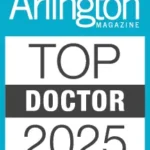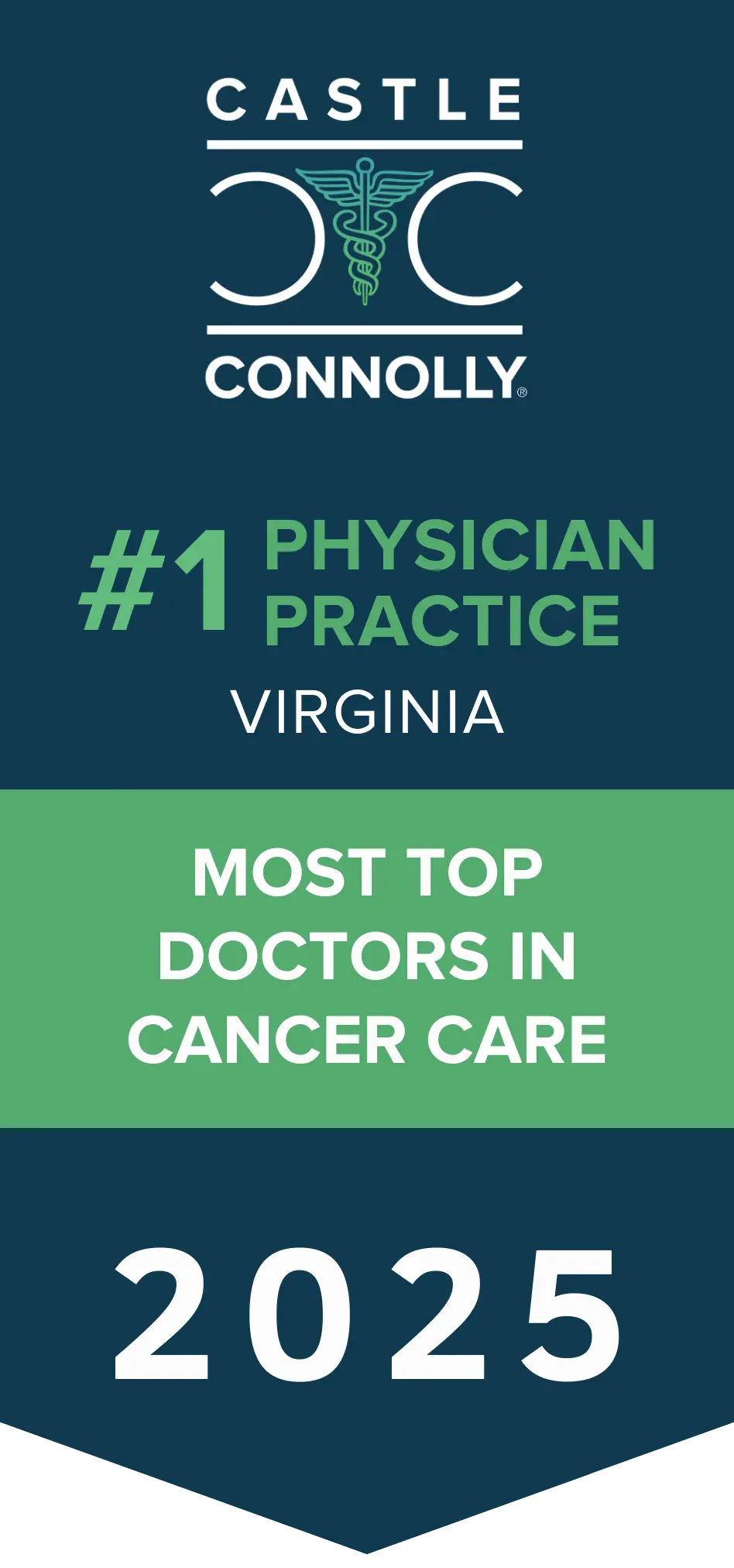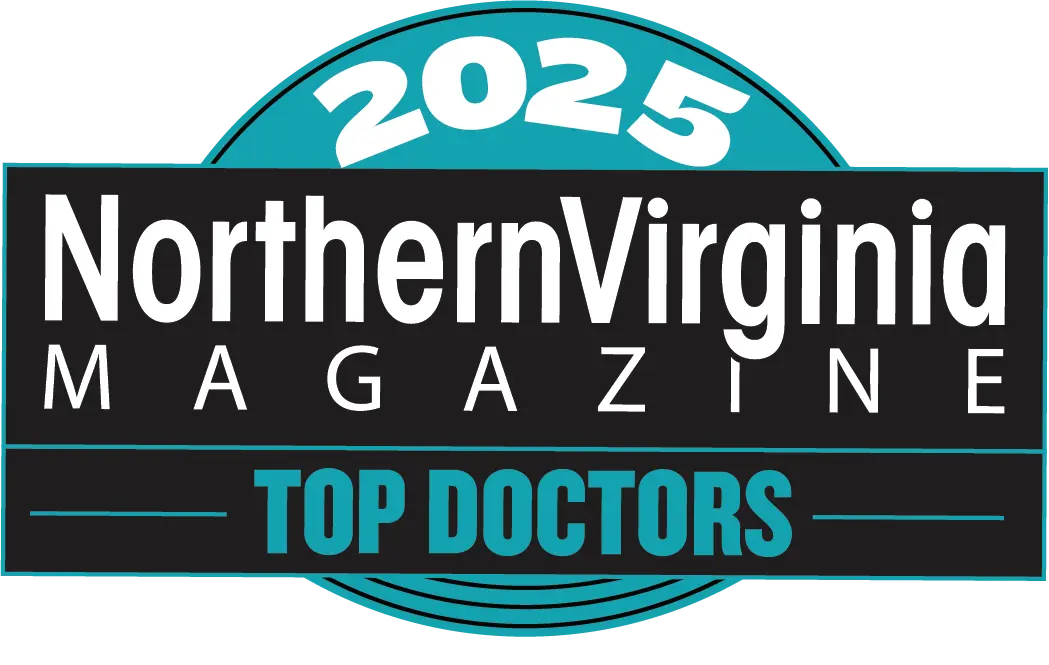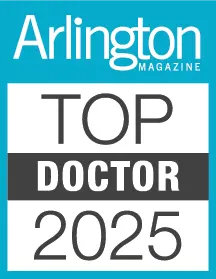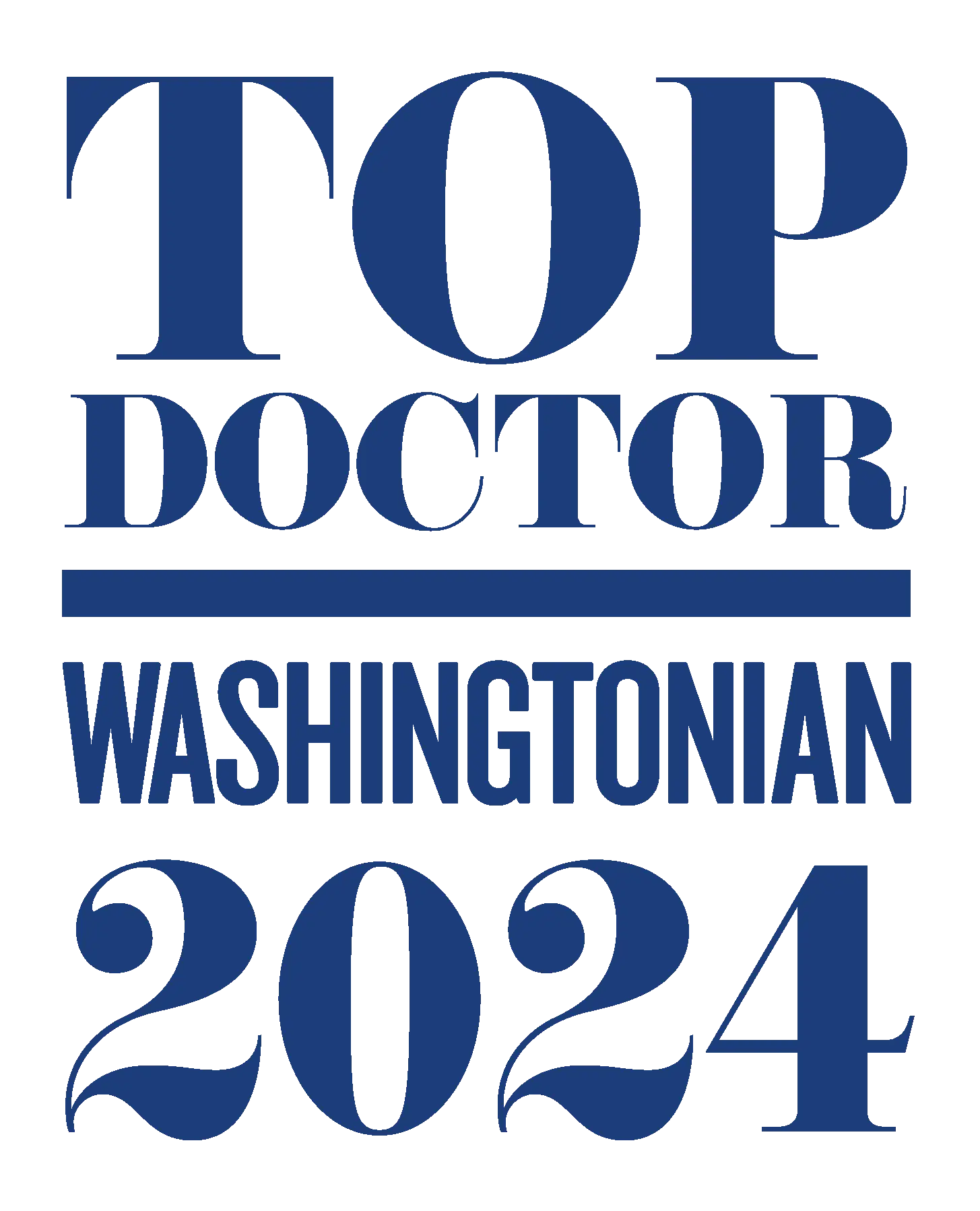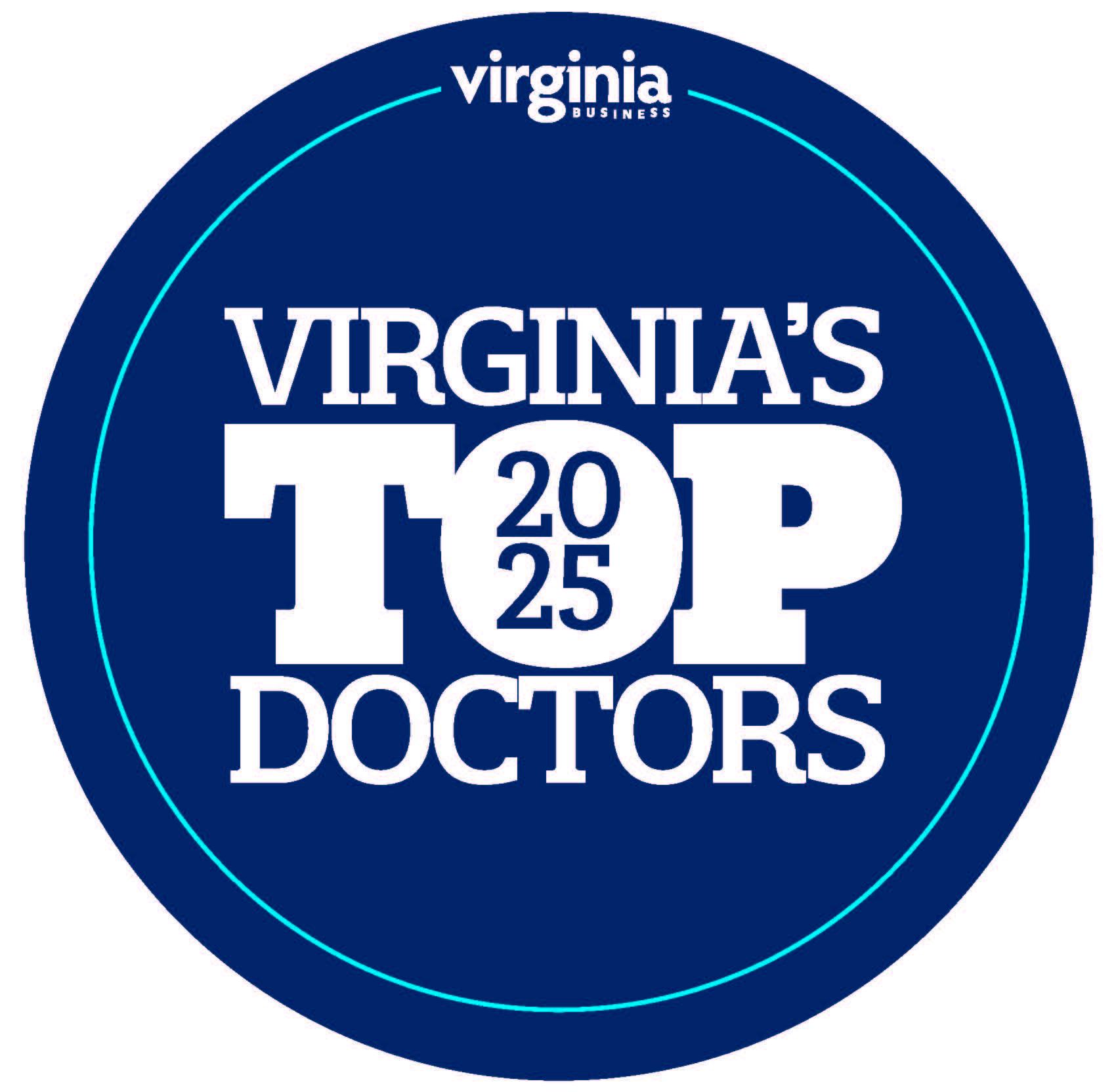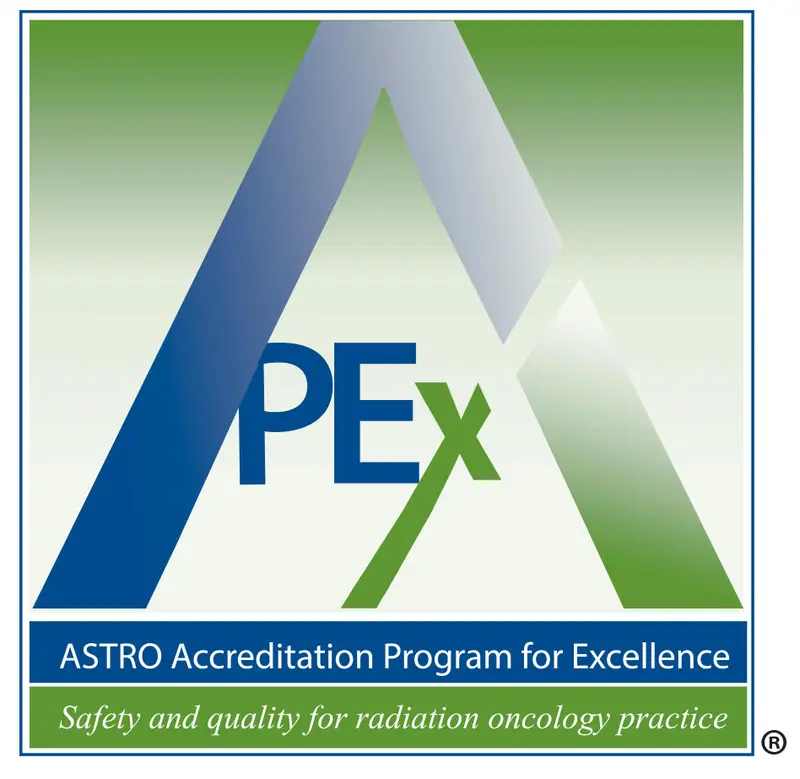
People with cancer, especially those undergoing treatments like chemotherapy and radiation therapy, may have weakened immune systems, which put them at an increased risk for serious infections. As the COVID-19 pandemic continues, and as flu season approaches, the appropriate vaccinations can help protect these patients. It’s important to know vaccine recommendations to properly protect yourself from increased risk.
COVID-19 Recommendations for People with Cancer
An expert panel of physicians from the National Comprehensive Cancer Network (NCCN) recommends adults with cancer receive two to three doses of a COVID-19 vaccine including an mRNA vaccine as their primary series. Booster doses with an mRNA vaccine are also recommended to build a stronger immune response.
It is also recommended that caregivers and close contacts of people with cancer be vaccinated against COVID-19 to help lower the risk for the person they are caring for.
Can I be vaccinated against COVID-19 while undergoing cancer treatment?
Most people with cancer, including patients undergoing active treatment, should receive the initial vaccine doses and boosters as soon as possible. However, people in the process of stem cell transplants or cellular therapy should wait at least three months after finishing treatment to be vaccinated. People with cancer undergoing major surgery may also need to wait up to two weeks before being vaccinated.
Flu Shot Recommendations for People with Cancer
People with cancer may be at a higher risk for complications from influenza. These may include dehydration, sinus or ear infections, bronchitis, pneumonia, sepsis, or inflammation of the heart, brain, or muscle tissues. Cancer patients should receive the flu shot with the inactive virus yearly. The CDC recommends most adults receive the flu shot in September or October of each year, but people with cancer should consult their cancer care team on the best time to receive the flu vaccine for their cancer type and treatment plan.
People with cancer should not receive the nasal mist flu vaccine, which contains a weakened version of the live virus. Family members of a person with cancer may receive the nasal mist flu vaccine, unless the patient has a severely weakened immune system or is being cared for in a germ-protected environment.
Ask Your Physician About Recommended Immunizations
People with cancer should speak to their physician about their cancer treatment and risk factors for the vaccine-preventable disease before receiving any immunizations. Your physician will help you determine which vaccines are most appropriate and effective for you and when you should receive them.





